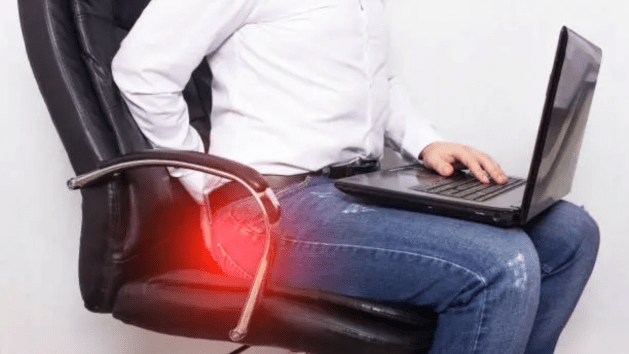All you need to know about haemorrhoids
Here's everything you need to know about Haemorrhoids. Let's have a look.
 1 / 7
1 / 7Haemorrhoids, also called piles, are swollen veins in the rectum or anus that can cause discomfort, itching, or bleeding. Here’s a simple breakdown of how they occur and ways to prevent them naturally. (Source: Photo by Unsplash )
You have exhausted your
monthly limit of free stories.Read more stories for free
with an Express account.Already have an account? Sign InUse code DIWALI10 for 10% off on your Express Edge plan.Already a subscriber? Sign InUse code DIWALI10 for 10% off on your Express Edge plan.This content is exclusive for our subscribers.Subscribe now to get unlimited access to The Indian Express exclusive and premium stories.Already a subscriber? Sign In- 2 / 7
Understanding Haemorrhoids: Haemorrhoids are swollen blood vessels in the lower rectum or anus. They can be internal (inside the rectum) or external (under the skin around the anus) and range from mild to very painful. (Source: Photo by Unsplash )
- 3 / 7
How They Happen: They usually develop due to increased pressure in the lower rectum. This pressure can come from straining during bowel movements, sitting for long periods, chronic constipation, pregnancy, or lifting heavy objects. (Source: Photo by Unsplash )
- 4 / 7
Role of Diet and Constipation: Low-fiber diets are a major contributor to haemorrhoids. When stools are hard and difficult to pass, straining increases, putting more pressure on the veins and causing them to swell. (Source: Photo by Unsplash )
- 5 / 7
Lifestyle Triggers: A sedentary lifestyle, obesity, and dehydration can worsen the condition. Lack of movement slows digestion and increases the chance of constipation, making haemorrhoids more likely to form. (Source: Photo by Unsplash )
- 6 / 7
How to Prevent Them: Eat a fibre-rich diet (fruits, vegetables, whole grains), stay hydrated, and avoid sitting too long on the toilet. Regular exercise and maintaining a healthy weight also help reduce pressure on rectal veins. (Source: Photo by Unsplash )
- 7 / 7
Early Care and Prevention: If you notice symptoms like bleeding, itching, or pain, use warm sitz baths, over the counter creams, or consult a doctor. Early treatment can prevent complications like severe pain or thrombosed haemorrhoids. (Source: Photo by Unsplash )